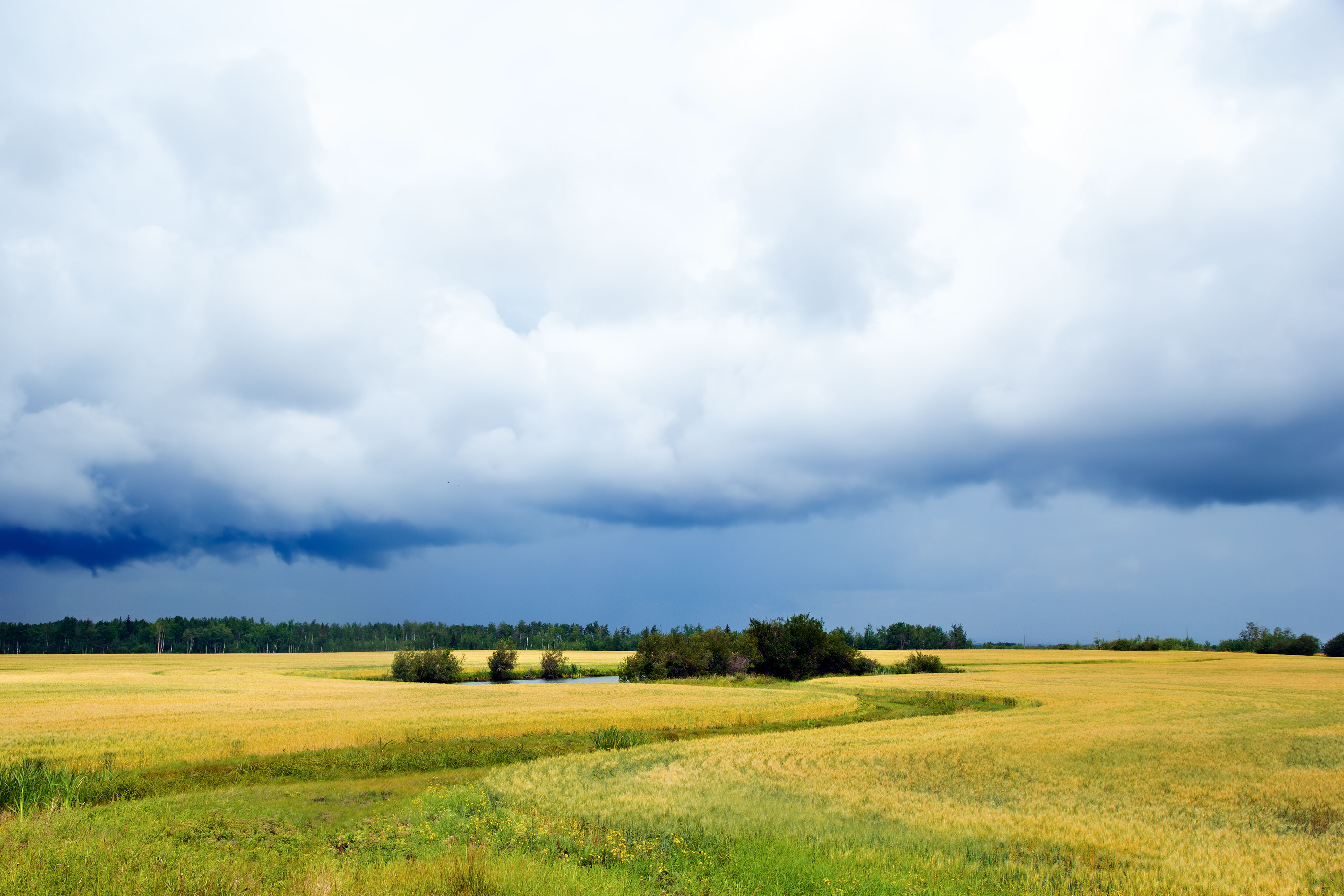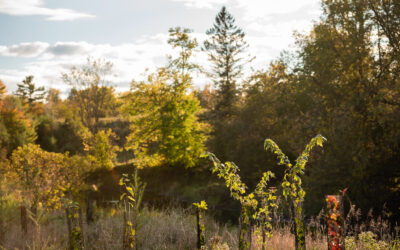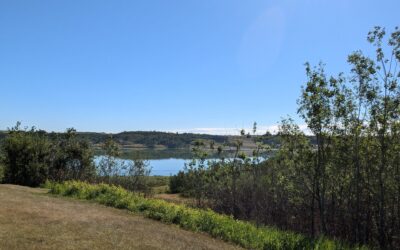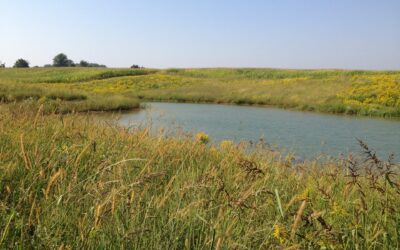ALUS Saddle Hills will support farmers in improving farmland resilience through environmental projects

The vibrant agricultural landscape in Saddle Hills County will benefit from ALUS projects that provide wildlife and pollinator habitat, drought and flood resilience, and water quality benefits. Photo: Courtesy of Saddle Hills County
ALUS welcomes a new community in Alberta to its network of farmers and ranchers delivering environmental resilience across Canada. ALUS Saddle Hills is a partnership between Saddle Hills County and ALUS.
Saddle Hills County is a large rural municipality located in northwestern Alberta in the Central Peace Region, bordering the banks of the Peace River. The county is famous for its wilderness and outdoor activities and is home to Moonshine Lake Provincial Park, Jack Bird Pond and Shell True North Pond, which are important habitats for the abundant local wildlife, including fish, birds, moose, deer, bears and elk.
An agricultural hub, Saddle Hills County’s primary agricultural products are cattle, canola and peas. The county counts many independent farmers who work on 381 farms and over 500,000 acres of land.
“Agriculture is at the heart of who we are in Saddle Hills County, and therefore protecting our livelihood and land for future generations is incredibly important to us,” says Reeve Alvin Hubert. “We are excited for what this will mean for our resident producers and the future of farming and sustainability in our rural community.”
A Team Effort
The ALUS Saddle Hills Program Coordinator will work with local producers to help establish environmental projects, such as new pollinator habitats, planting trees and shrubs, and enhancing wetlands and riparian buffer areas.
ALUS Saddle Hills participants will receive professional support as well as an annual per acre payment for the establishment, maintenance and environmental outcomes of the ALUS projects.
“ALUS is happy to welcome ALUS Saddle Hills to its network of communities. It’s inspiring to work with the team at ALUS Saddle Hills who share the ALUS vision for farmers and ranchers as solution providers for environmental challenges,” says Christine Campbell, Senior Hub Manager of the Western Hub at ALUS. “ALUS Saddle Hills will further help nature thrive on agricultural land and beyond.”
ALUS Saddle Hills will be guided in its decision-making by a Partnership Advisory Committee (PAC). The PAC is critical to the ALUS model, as it ensures that local priorities are addressed by the ALUS projects. Fifty per cent of the committee members are local farmers who, in partnership with the other committee members (such as local elected officials and environmental experts), will determine which projects are prioritized for the ALUS program.
ALUS relies on trust-based relationships with farmers and public, private and philanthropic investment to deliver the ALUS program. Our non-prescriptive program model, underpinned by market-based mechanisms, was purpose-built to deliver shared value to farmers, communities and investors.
For more information about ALUS Saddle Hills



